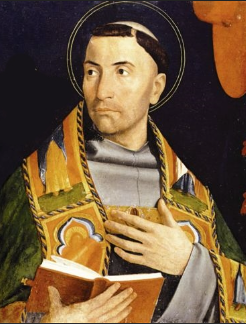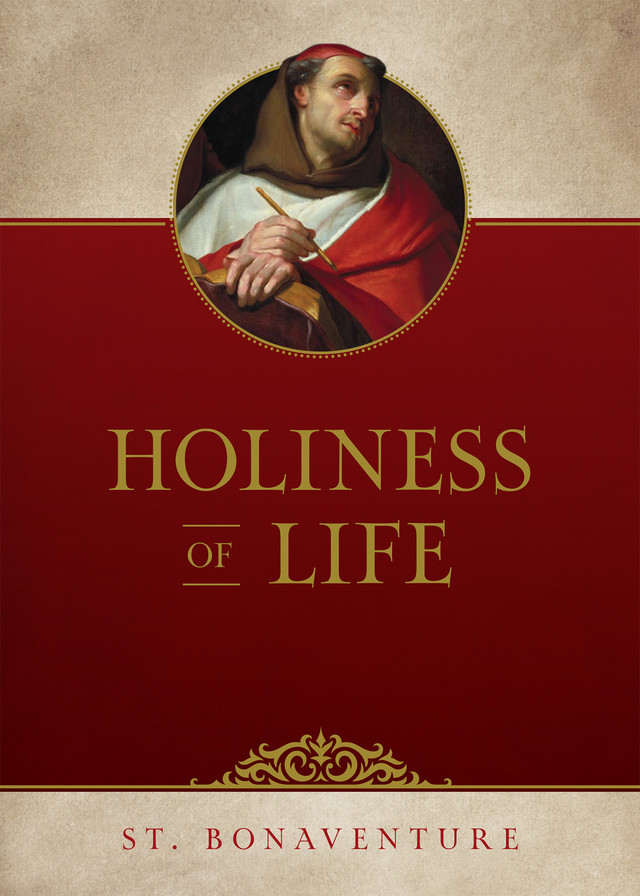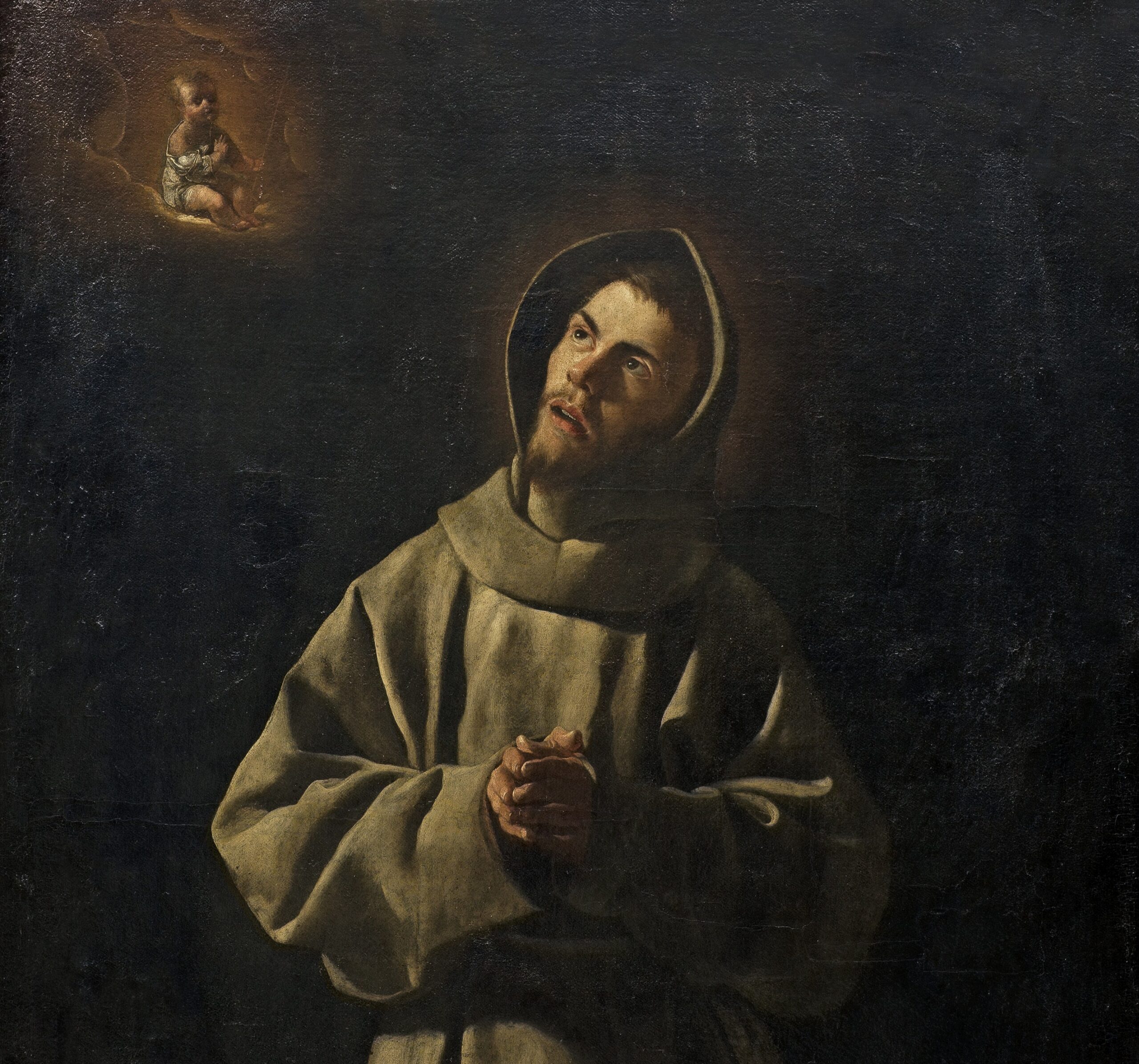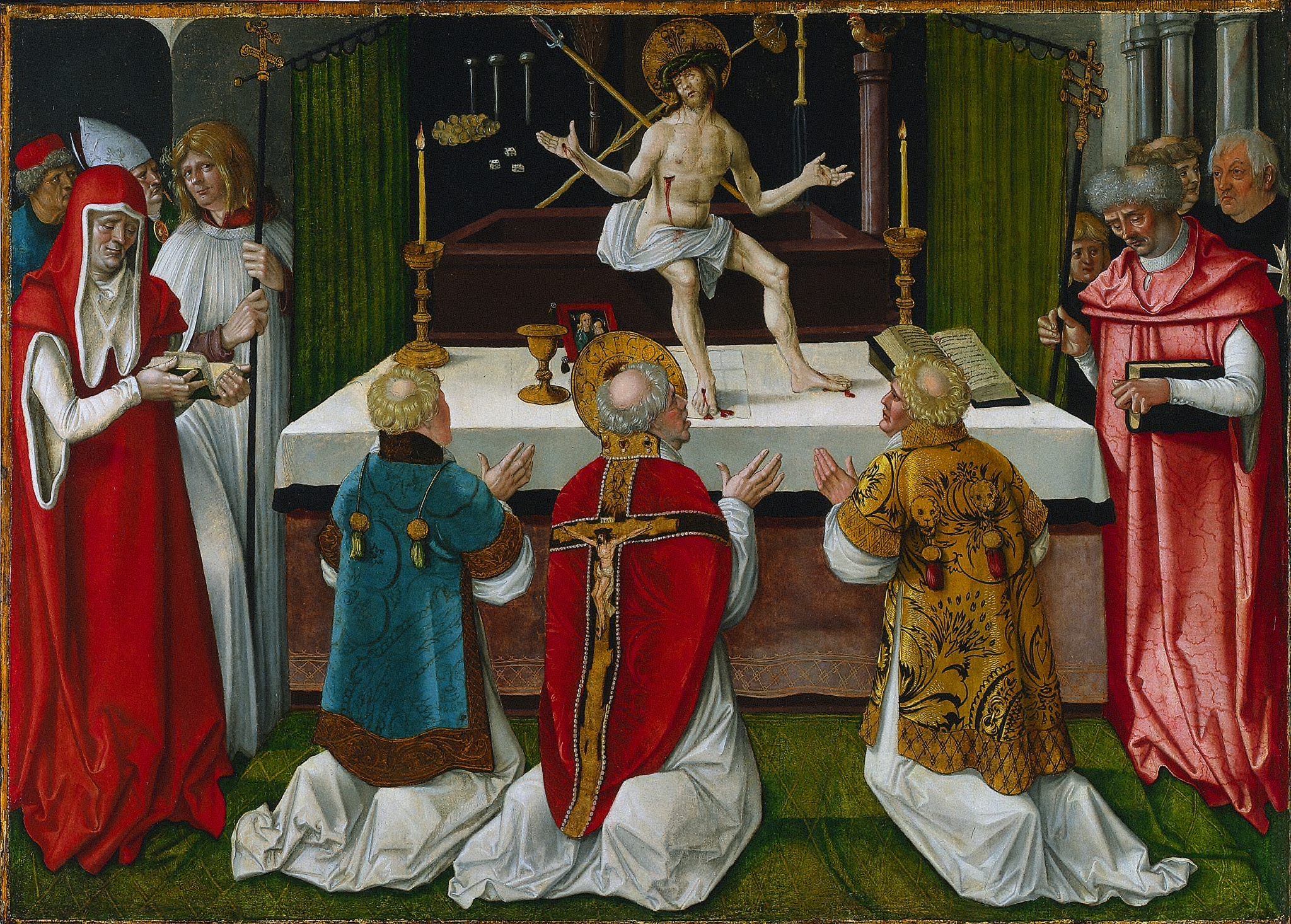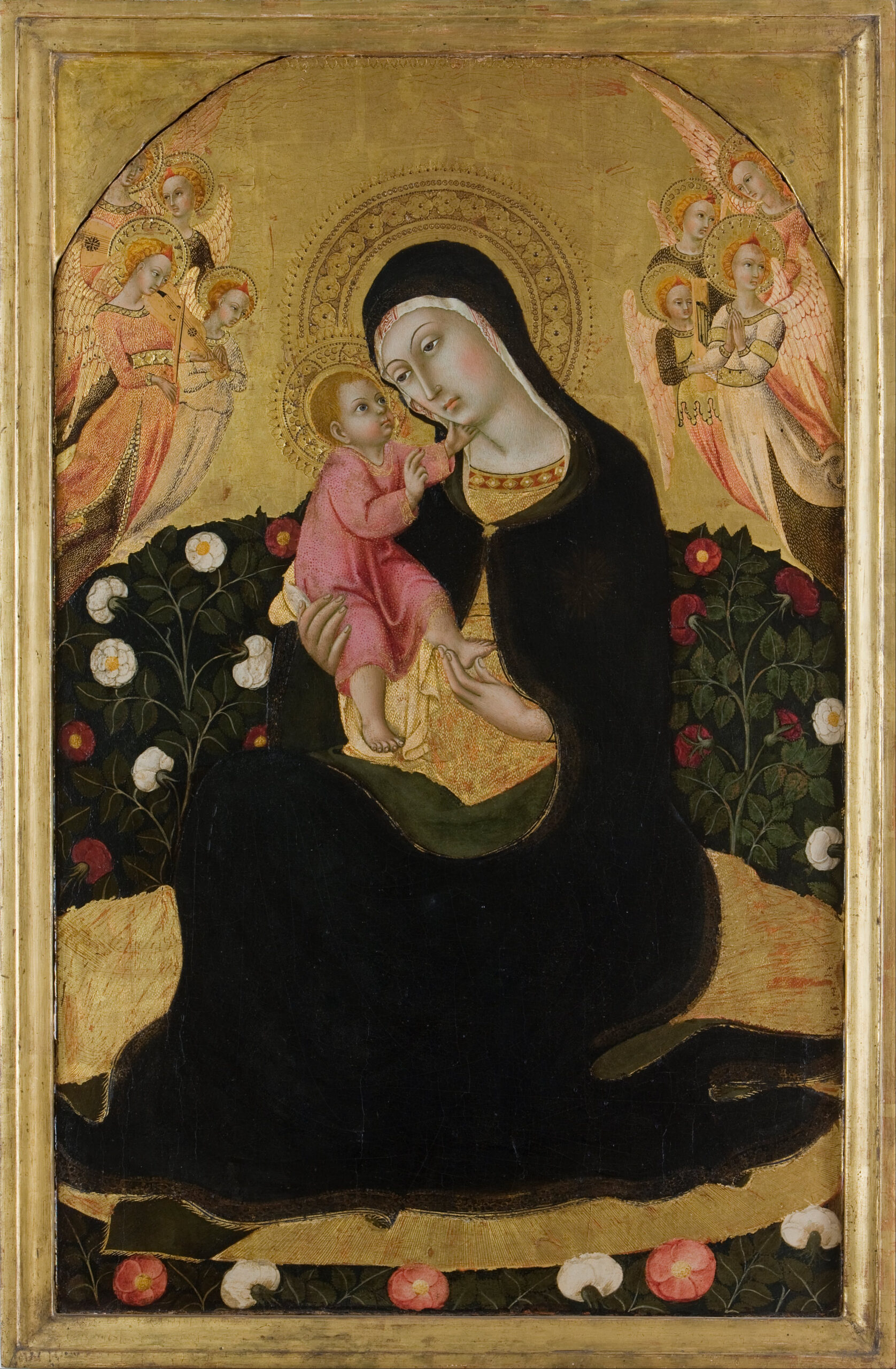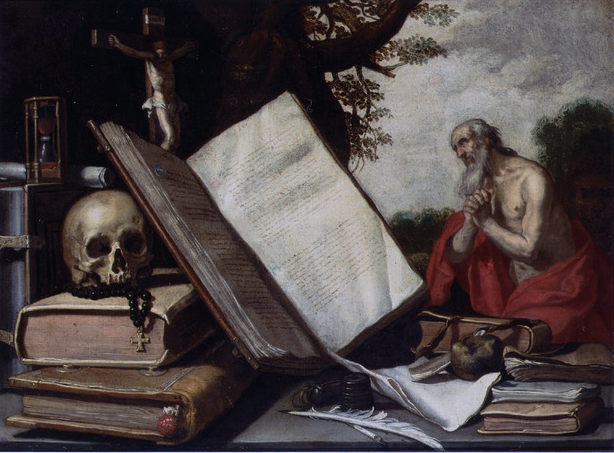Saint Bonaventure teaches that evangelical poverty is essential to true holiness and perfection. Inspired by Christ’s radical poverty in birth, life, and death, Christians are called to embrace poverty as a precious virtue, rejecting worldly riches to follow the perfect example of Jesus.
Poverty as a Necessary Virtue for Perfection
Poverty is another of the virtues necessary if we would be holy unto perfection. Our Lord bears witness to this in the Gospel of St. Matthew: “If thou wilt be perfect, go sell what thou hast and give to the poor” (Matt, xix, 21.) Since the fullness of Gospel perfection is found in poverty, no one should imagine that he has scaled the summits of perfection if he has not become an adept in the practice of evangelical poverty. Hugh of St. Victor tells us that “no matter how many practices of perfection are found among religious, unless there is a love for poverty their life cannot be considered fully perfect” (Cf. Expos. Reg. S. Aug., i Sq.)
Two Motives for Loving Poverty
Two motives may be suggested that are capable of impelling not merely a religious, but even an ordinary man to a love of poverty. The first is the irreproachable example of Our Divine Lord. The second is the priceless divine promise.
Let us take the first motive. The love and the example of Our Divine Lord, Jesus Christ, ought to excite in you, His handmaid, a love of poverty. Christ was born poor, lived poor, and died poor. Realise and bear in mind that Christ gave you this wonderful example of poverty in order to induce you to become a friend of poverty. Our Lord Jesus Christ was so poor at birth that He had neither shelter, nor clothing, nor food. In lieu of a house He had to be content with a stable. A few wretched rags did duty for His clothes. For food He had milk from the Virgin’s breast.
St. Paul and St. Bernard on Christ’s Poverty
It was meditation on this poverty of Christ that roused the heart of St. Paul and caused him to exclaim, “You know the grace of Our Lord Jesus Christ, that being rich He became poor for our sakes, that through His poverty we might be rich” (Cf. II Cor. viii, 9.) St. Bernard speaking of this same poverty says, “An eternal and copious abundance of riches existed in Heaven. Poverty, however, was not to be found there, though it abounded and was superabundant on earth. Alas! man did not know its worth. The Son of God, though, loved poverty, and desired it, and came down from Heaven and took it as his own possession in order to make it precious in our eyes” (S. Bern. Serm. for Christmas Eve I, 5.)
The Poverty of Christ’s Life and Death
All His life long, Jesus Christ Our Lord was an example of poverty. Let me tell you, O holy virgin, and all you who profess poverty, let me tell you how poor the Son of God and King of Angels was while He lived in this world. He was so poor that oftentimes He did not know which way to turn for lodging. Frequently, He and His Apostles were compelled to wander out of the city and sleep where they could. It is with reference to such a happening that St. Mark the Evangelist writes, “Having viewed all things round about, when now the eventide was come, He went out to Bethany with the twelve” (Mark xi, 11.)
These words St. Bede explains as follows: “After looking all around and making enquiries as to whether any one was prepared to give Him hospitality—for He was so poor that no one looked upon Him with pleasure—He could not find a dwelling open to Him in the town” (Cf. S. Bede, Vol. V. p. 125.) In a similar strain St. Matthew writes: “The foxes have holes and the birds of the air nests; but the Son of Man hath nowhere to lay His head” (Matt, viii, 20; Cf. Expos. S. Bonav.)
Added to the poverty of His birth and life was the poverty of the death of the King of Angels. “All you” who have taken the vow of poverty, “stop and consider for a moment” (Lamentations, i, 12) how poor the Lord of all was made for your sakes. Look at His poverty as He dies. His executioners stripped and robbed Him of everything He possessed. He was robbed of His clothes, I repeat it, when the executioners “divided His garments between them, and for His vesture cast lots.” (Cf. Matt, xxvii, 35; Cf. Ps. xxi, 19.) He was robbed of body and soul when, as He succumbed to His most bitter sufferings, His soul was separated from His body in the pangs of death. His persecutors deprived and robbed Him of His divine glory when they refused “to glorify Him as God,” (Cf. Rom. i, 21) and instead treated Him as a common criminal.
Reflecting on Christ’s Poverty and Our Response
“They have stripped me of my glory,” (Cf. Job xix, 9) complains holy Job in a moment of prophecy. Drawing a lesson from the compelling example of Christ’s poverty, St. Bernard writes: “Think of the poor man Christ! There is no house for Him at His birth, so they lay Him in a manger, between an ox and an ass. Look at Him wrapped in wretched swaddling clothes! Think of Him a fugitive on the rough road to Egypt! Think of Him riding on an ass! Think of His poverty as He hangs on the cross” (S. Bern. Serm. Easter III, I.)
After realizing that the God of Gods, the Lord of the World, the King of Heaven, the only begotten Son of God has borne the burden of such dire poverty, where is the Christian, where is the obstinate and benighted religious who still loves riches and despises poverty? “It is a great, a heinous crime that a vile and contemptible worm, for whom the God of Majesty and Lord of All became poor, should desire to be rich.” So says St. Bernard, and he adds: “Let the godless pagan covet riches. Let the Jew who has received the promise of the land look for the fulfilment of the promise and for the possession of the land” (S. Bern. Serm. All Saints I. 7.)
ooo
This article is taken from a chapter in On Holiness of Life by Saint Bonaventure which is available from TAN Books.


